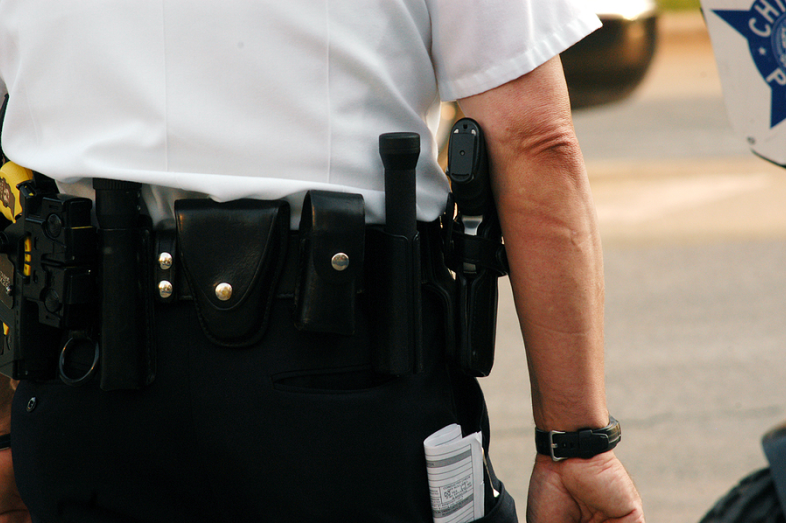Following you’ll find a selection of key data and research to better understand school safety and security issues
Each year, public schools in the U.S. collectively spend billions of dollars to keep students and educators safe
School districts maintain comprehensive emergency preparedness and response plans that highlight a range of potential scenarios that could unfold on campus
The strategies that officials use to provide campus safety — like school-based policing, student surveillance and discipline policies, including suspensions — have long been the subject of passion
